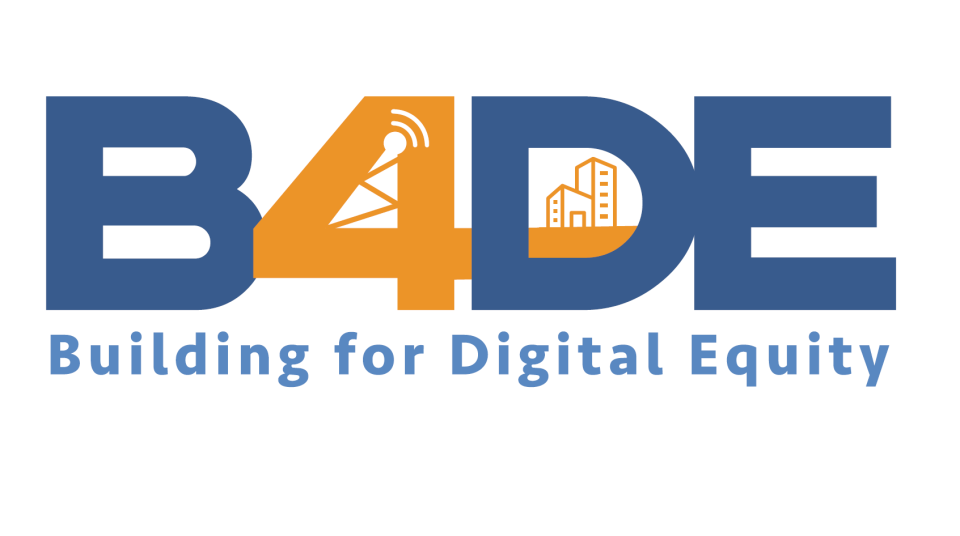B4DE Offers Insights For Navigating Broadband Political Divide In Nation's Capital
Digital inclusion advocates are bracing themselves for an uncertain year ahead.
As the incoming GOP regime takes aim at key aspects of the Digital Equity Act (DEA) and the BEAD (Broadband, Equity, Access, And Deployment) program, those working to bridge the digital divide have more questions than answers just as states are preparing to dole out federal grant money yet to be awarded to grant recipients.
One major question looming over both BEAD and the Digital Equity Act is whether a new Congress can leverage the Congressional Review Act – a tool Congress can use to overturn certain federal agency actions – to undermine the 2021 bipartisan infrastructure law behind the national “Internet For All” initiative.

“The Congressional Review Act only applies to things that were adopted in the last six months. I know that there were a number of things the FCC did to make sure that they were done and would be non-reviewable under the CRA and I suspect NTIA did that as well (with BEAD),” former FCC Chief of Staff and now New Street Research policy advisor Blair Levin said during our final Building For Digital Equity (B4DE) livestream of 2024.




